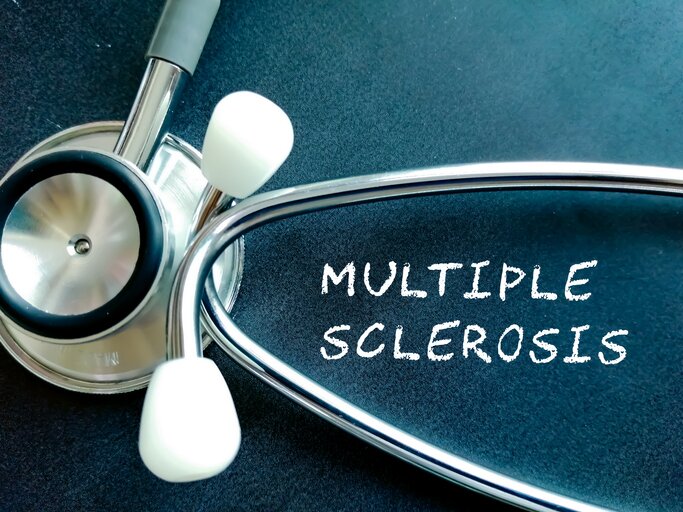It’s Multiple Sclerosis Awareness Month. Here are Seven Important Things to Know.
Multiple sclerosis (MS) affects nearly 1 million adults in the United States and those numbers are growing.
MS is both a complex disease of the central nervous system and an autoimmune condition. It causes variable and unpredictable symptoms, from difficulty walking to bladder dysfunction to changes in cognitive abilities. In those affected, the immune system attacks the myelin sheath that normally protects nerve fibers in the brain, spinal cord, and optic nerve. Scar tissue then develops, interfering with the electrical impulses between the brain and other body parts.
To increase awareness of the disease, advocacy groups have named March “Multiple Sclerosis Awareness Month”. This designation is intended to raise consciousness about MS, as well as highlight diagnostic tools and treatment options.
Please read on to discover seven important facts about Multiple Sclerosis.

1. The cause of the disease is unclear.
While the cause of MS is injury to neurons, nerve fibers, and the protective covering of nerve cells in the brain and spinal cord, the reason for this damage is not fully understood. Many researchers believe MS to be an autoimmune disease in which the immune system attacks the nerves. There are indications that infection with the Epstein-Barr virus may be a trigger.
2. MS is most often detected in young adulthood.
First symptoms largely appear in young people between the ages of 20 and 40 but can sometimes appear in children and older adults. Less than 1% of cases occur in childhood (pediatric MS), and around 5% - 10% of cases occur after age 50 (late-onset MS).
3. The signs and symptoms vary and may change over time.
Common early symptoms of MS include dizziness, clumsiness, tingling extremities, bladder control problems, and vision issues. As the disease progresses, mental and physical fatigue, changes in mood, and loss of ability to concentrate can occur. Less common symptoms may include seizures, breathing problems, and hearing loss.
4. There are two primary types of MS.
Most people with the disease experience a relapsing-remitting MS (RRMS) course, where they have flare-ups of new or worsening symptoms, followed by periods of symptom improvement or recovery. Less commonly, some people with MS are diagnosed with primary progressive MS (PPMS), in which symptoms increasingly worsen over time.
5. MS appears to be growing in prevalence.
In 2019, the estimated prevalence of MS in the U.S. was 363 cases per 100,000 people in the population. This is equivalent to nearly 1 million individuals. This number is higher than previous prevalence estimates. In 2010, the estimated prevalence was 309 cases per 100,000 people. In 1990, the estimated prevalence was around 120 cases per 100,000 people. It's unclear if the increase in MS cases is because more people are developing the disease or because prior reports underestimated the number of people living with it.
6. The demographics of the disease are changing, too.
Historically, MS has been most common among White people of northern European descent. However, recent research has shown an increasing rate of the disease among the Black population. Hispanic and Asian people are still significantly less likely to develop MS than White people. Experts aren't sure why the MS demographics are changing but they believe that environmental or social factors are involved.
7. Effective treatments for MS are available.
Dealing with MS is an ongoing process that begins at diagnosis and evolves throughout the affected person’s life. While there is no cure, effective treatments have been developed that reduce the number of attacks, alleviate symptoms, and slow the progression of the disease. Certain medications can help both manage the condition and enhance the overall quality of daily life.
We hope you found this article helpful and informative. If you wish to know more about MS, our caring staff is available to answer your questions or assist you in locating additional resources. Please contact us anytime.
About Batchelor Brothers Funeral Services: As a leading African American-owned and operated funeral and cremation organization, Batchelor Brothers Funeral Services has provided a ministry of care to thousands of grieving families. We promise to provide our highest level of distinguished service and respect to families who entrust us to honor their loved ones. With two convenient locations serving North and West Philadelphia, it is always our pleasure to be of service. For more information about our funeral, cremation, memorial, repast, and grief counseling services, please visit batchelorbrothers.com.






Comments